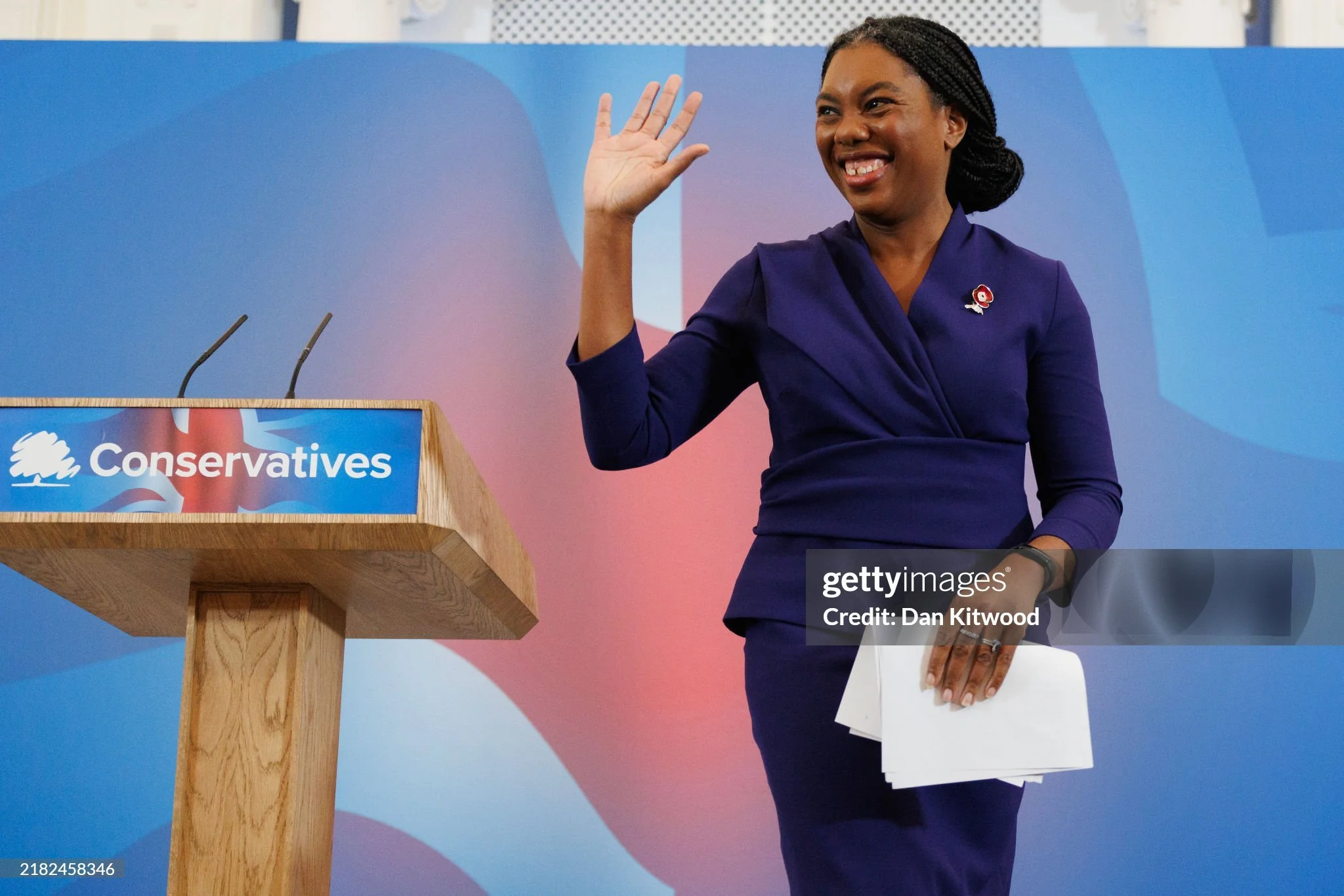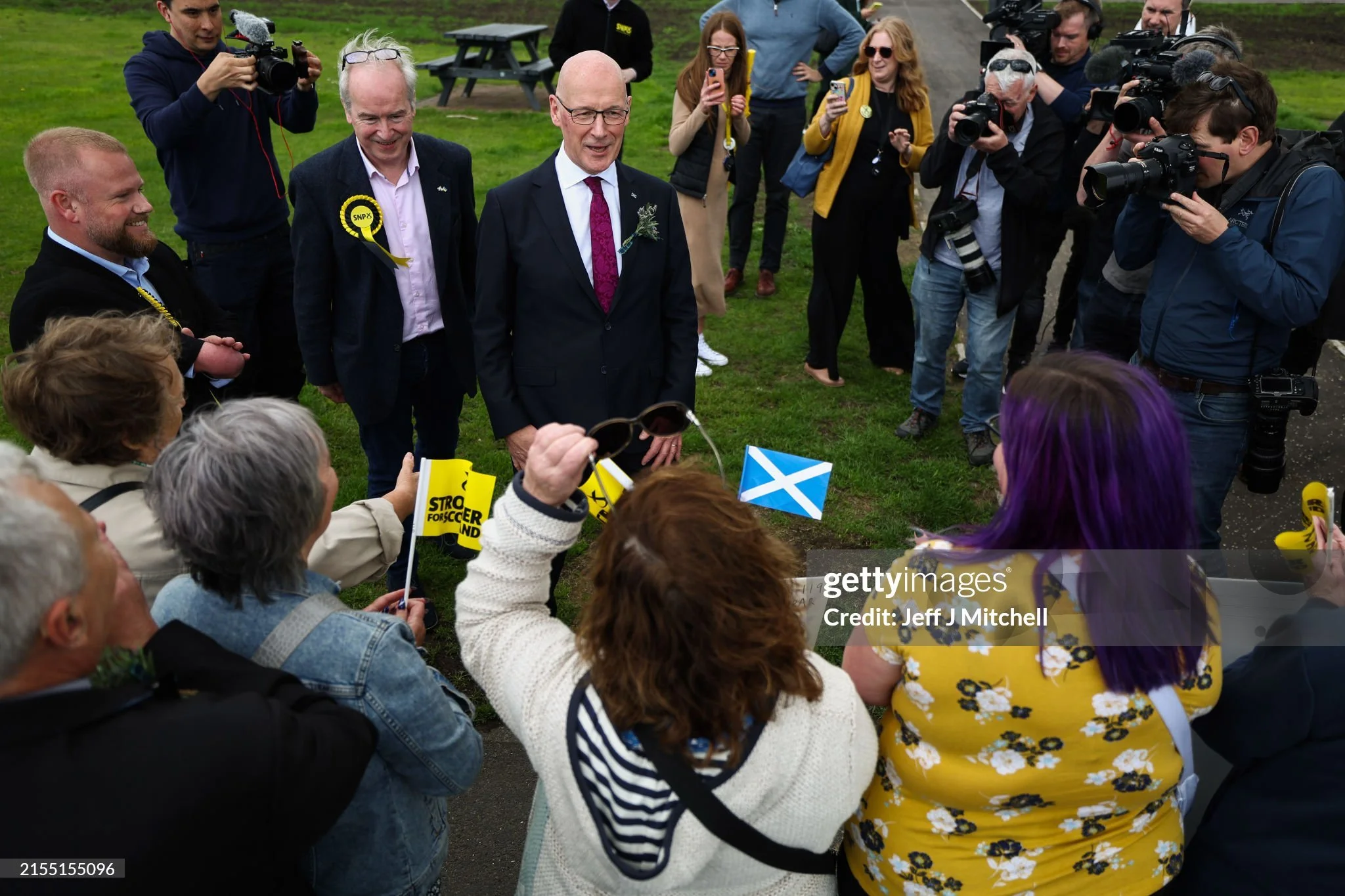The UK Budget 2025 – how it will improve our future
By Ryan Quinn
The UK Budget 2025 has big promises and even bigger trade-offs, but it marks the beginning of a new chapter for Britain.
Yesterday, Rachel Reeves, Chancellor of the Exchequer, delivered the 2025 UK Budget, a balancing act between welfare reform and sweeping tax rises. At its centre was the abolition of the widely controversial two-child limit; a 2017 policy limiting Universal and Working Tax Credits to the first two children in a household, introduced by the Conservatives in 2017.
With the limit scrapped by the Chancellor, families with three or more children will be entitled to further financial support from April 2026, which the UK Government argues could lift 450,000 children out of poverty, the highest seen across a parliament since records began.
Standing at the dispatch box, Reeves said: “Because I am tackling fraud and error in our welfare system, because I am cracking down on tax avoidance, because I am reforming gambling taxation, I can announce today – fully funded and fully costed, the removal of the two-child limit from April.”
In her near two-hour-long speech to the House of Commons, the chancellor announced a sweeping set of tax rises to fund this and other measures, including, but not limited to: a 19% rise on online gambling profits, a so-called ‘mansion-tax’ and an extension of the tax-threshold freeze. Taken together, her tax rises will generate £26b over the next five years.
Regardless of your political persuasion, there can be no denying that this budget was anything but Labour through and through.
The two-child limit is possibly the most inhumane policy to be implemented by any UK Government, forcing children across the UK to go hungry just because of their order of birth. It is a damning indictment of just exactly who the Tories look out for, which is certainly is not anyone less well off than them.
Taking to the dispatch box after the Chancellor, Kemi Badenoch, the Conservative Leader, said: “This is a budget for ‘Benefits Street’ paid for by working people.”
That was the same Kemi Badenoch who claimed that she “became working class” when she started working at McDonalds at the age of 16.
Kemi Badenoch at Conservative Party Leadership Contest Results
The government she served in implemented 14 years of austerity, caused a disastrous Brexit, partied during lockdown, crashed the economy and left a £22bn black hole in the nation’s finances.
The truth is, she wouldn’t know what ‘working class’ meant even if it slapped her in the face.
Her argument has been shattered by charities and political figures.
Cara Hilton, Senior Policy Manager (Scotland) at Trussell, said: “Lifting the unfair and cruel two-child limit will help turn the tide on hunger in Scotland, as we work towards a future where no one needs to use a foodbank.
“It is life changing and a very welcome announcement.”
Hilton’s views were shared by those across the political spectrum with Elizabeth Carr-Ellis, Scottish Labour parliamentary candidate for Fife North East, saying: “Poverty hit my family for generations and it was the welfare system that helped us break free.
“As a third child, I know exactly what lifting the two-child limit will mean for families like my own. This is great news.”
Stefan Hoggan-Radu, an SNP Fife Councillor, also said: “I welcome the end of the two-child limit, but let me be clear: the SNP Government has spent years tidying up the mess of a policy we never supported.
“Now the Scottish Government can redirect this money into going even further to lift children out of poverty and build the fair, compassionate, country that Scotland deserves to be.”
SNP Leader John Swinney campaigning for Stefan Hoggan-Radu
Suspicions have been raised, however, over the Chancellor’s morals and her reason for action now.
Last week, briefings from Downing Street suggested that Wes Streeting, Health Secretary, was plotting a leadership challenge against the Prime Minister, an allegation which he strongly denies. Regardless, backbench Labour MPs like Clive Lewis and Richard Burgeon have openly called for the Prime Minister to go.
There is no doubt that these whispers were haunting Reeves in her drafting of the Budget, and she will surely the abolition of a two-child limit will signal to backbenchers that the government is on their side.
Britain has faced a decade long ‘doom-loop’ of austerity and endless economic crises. This Budget must mark a genuine move towards fairer social change, which hopefully the end of the two-child limit will bring.
If this budget does anything, it creates the foundations of a modern Britain which works to lift people up rather than leave them behind.



